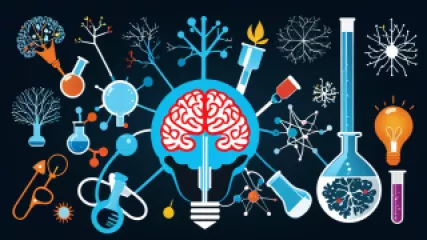How to Experience the Benefits of Energy Healing Sessions
1 year ago
Alternative Therapies
7 Proven Memory Improvement Techniques to Try Online
1 year ago
Memory Improvement
Navigating Rejection: A Step-by-Step Guide to Managing Negative Feelings
1 year ago
Dealing with Rejection
What are the Best Ways to Manage Toxic Relationships?
1 year ago
Managing Toxic Relationships
10 Essential Tips to Improve Self Esteem
1 year ago
Understanding Self Esteem
How to Manage Expectations: 7 Strategies for Coaching Challenging Thoughts
1 year ago
Managing Expectations
Emotional Regulation Skills: The Key to Effective Behavior Management
1 year ago
Behavior Management
Exploring the Depths of Giftedness: An Interview with a leading Counseling Expert
1 year ago
Giftedness
What are the Fundamental Principles of Psychology?
1 year ago
Psychology Fundamentals
Taking a Mental Health Break: My Personal Journey to Wellness
1 year ago
Mental Health Break Importance
Exploring the Transformative Power of Anxiety Therapy
1 year ago
Therapy Basics
Building Resilience in Children: One Parent's Journey
1 year ago
Child Resilience Building
Enhancing Patient Engagement: An Interview with a Healthcare Leader
1 year ago
Cultivating Patient Relationships
10 Best Tips for Achieving a Healthy Work-Life Balance
1 year ago
Work Life Balance
Why Theories of Intelligence Matter More Than Ever
1 year ago
Intelligence Theories














